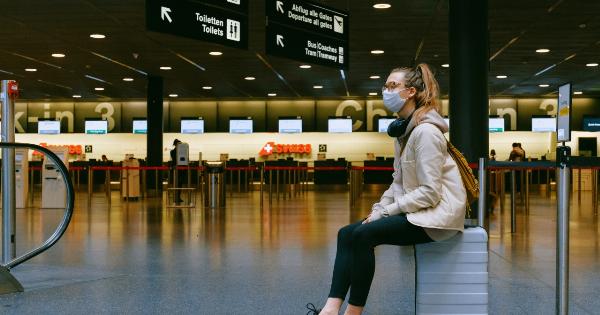The Flu outbreak of 2019 shook the world with its rapid spread, claiming nine lives while cheating phenomena rose in the country with 33 cases reported. It was early January when news of an influenza outbreak emerged in Wuhan, China.
However, it was only after the virus had spread to other regions that the magnitude of the problem became evident. By the end of February, 11 cases had been reported in the United States, which had spread to more than 70 countries worldwide.
The Outbreak Statistics
Public health agencies began to issue warnings about the new strain of the coronavirus, and the World Health Organization declared the outbreak a global health emergency.
In recent years, countries had been preparing for a possible epidemic and seemed to have a well-structured public health system in place to combat the situation until 2020.
Despite the stringent regulations and guidelines from the government that were implemented swiftly, the virus’s spread became uncontrollable.
The number of cases and deaths gradually increased, with 33 confirmed cases of cheating and nine deaths – which indicate the severity of the outbreak – so far.
The Spread of Cheating
In line with the spread of the deadly virus, cheating had become rampant in the 2019 flu outbreak. Across the country, parents were paying for test answers, and countless students were caught cheating on their exams.
Some people were changing answers on the test after taking pictures with their phones and others receiving leaked teacher exam answers. Students were resorting to cheating because they were not adequately prepared, and due to illness, they couldn’t attend to their studies.
Impacts of Cheating on Education
The impact of this outbreak was felt severely in the educational system as many students turned to cheating rather than studying.
Cheating in academia is defined as an act of deceit in which an individual intentionally violates the criteria of an academic institution or the norms of an intellectual community. As a result, the quality of education is compromised, and society suffers as a result.
Today, the ill effects of cheating are present in all levels of education from primary schooling to college and professional levels.
By continuously cheating, students lose the ability to learn and develop critical thinking skills that will help them in the future. It creates a culture that undermines the very essence of learning and reinforces a message that some students are above the rules.
Efforts to Stop Cheating
Different schools across the country are tackling the issue of student cheating in different ways. There are also laws and regulations in place to ensure that students adhere to the rules and regulations of their educational institutions.
However, stopping cheating is not that simple. Discussions on the causes of cheating indicate that students do not cheat because of a lack of morals or ethics.
Many students are facing significant pressure to succeed in school and earn good grades.
Some feel they have no other choice than to cheat because of a variety of factors, including time constraints, inability to grasp the subject matter, and a lack of self-confidence. Schools are struggling to find ways to address these underlying issues with resources and programs that teach students to learn without cheating.
How to Avoid Cheating in School
One of the best ways to prevent cheating is by creating a culture of learning in schools that values respect and honesty. Schools must recognize that students’ mental health needs attention as much as their academic performance.
Several areas of focus are necessary to thwart cheating in schools, which include:.
- Teach students the risks and consequences of plagiarism
- Incorporate anti-cheating discussion in the classroom
- Advocate for exams that are open-book format when appropriate
- Assign take-home exams and unique writing assignments
- Inform students that they will not be judged on their performance alone
If educational institutions can adapt their curriculum to address student needs while emphasizing the importance of honesty and integrity, they can create an environment that is conducive to a culture of learning.
Conclusion
The flu outbreak of 2019 claimed numerous lives and spread to almost every country worldwide. Despite the strict regulations and guidelines implemented promptly, the virus’s spread was uncontrollable.
The outbreak’s impact on education was devastating, leading to rampant cheating across the country, with 33 confirmed cases.
Efforts to stop cheating from happening will take a lot of work, and schools must put in place several resources and programs that teach students to learn without cheating.
By creating an environment that is open-minded and non-judgmental, educational institutions can help students gain the skills they need to succeed both academically and professionally.


















